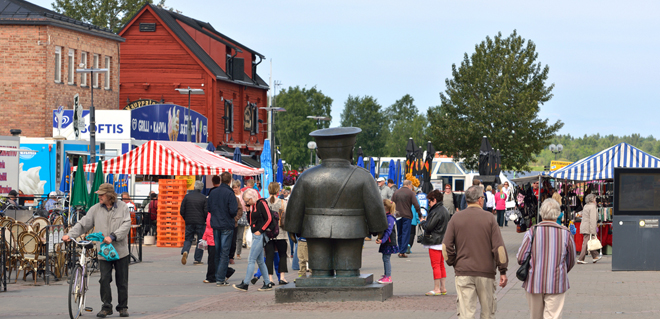Municipal employees in councils increase municipalities’ expenditure

Municipal expenditure increases when the municipality’s own employees are elected to the council.

One more council seat occupied by a municipal employee increases the municipality’s annual expenditure by an average of one per cent, according to a new joint study by researchers at VATT and the Universities of Jyväskylä, Leuven and Stockholm.
The study also observes that the impact is sector-specific. When council seats are occupied by municipal health care employees, health care expenditure increases, but not other municipal expenditure. Correspondingly, when council seats are occupied by municipal employees in other sectors, other expenditure increases, but health care expenditure is not affected.
Municipal employees represent a significant population group, and like other groups are involved in political activity. For example, in municipal councils elected between 1996 and 2012 the share of seats taken by municipal employees was on average 26%.
Where a municipality’s own employees are municipal councillors, their status may lead to a conflict of interest because in the council they make decisions which at least indirectly concern their own jobs and working conditions. On the other hand, municipal employees can bring expertise to the council on how services in their own sector can be organized sensibly and effectively, and thereby improve the quality of decision-making.
”Nonetheless it would be surprising if the extra expenditure were directed in the best possible way. Our research indicates that municipal employees only increase expenditure in their own sector. It is hard to see why precisely one’s own sector is in the greatest need of extra funding”, says VATT Senior Researcher Janne Tukiainen.
The study exploits the natural experimental design produced by close municipal elections. In practice this means that the variation in the share of municipal employees’ seats results from competition for the last seats on party lists, which are decided by differences of a few votes or, in the event of a tie, by lots. This experimental design guarantees that the result can be interpreted as causality.
Study:
Public Employees as Politicians: Evidence from Close Elections
VATT Working papers 78, 2016.
Further information:
Senior Researcher Janne Tukiainen, VATT, tel. +358 295 519 451
Senior Researcher Tuukka Saarimaa, VATT, tel. +358 295 519 444
Local public finance and provision of public services
Press release
Press release
local democracy
municipal finances
municipalities
political economics
political representation
public economics
voting

